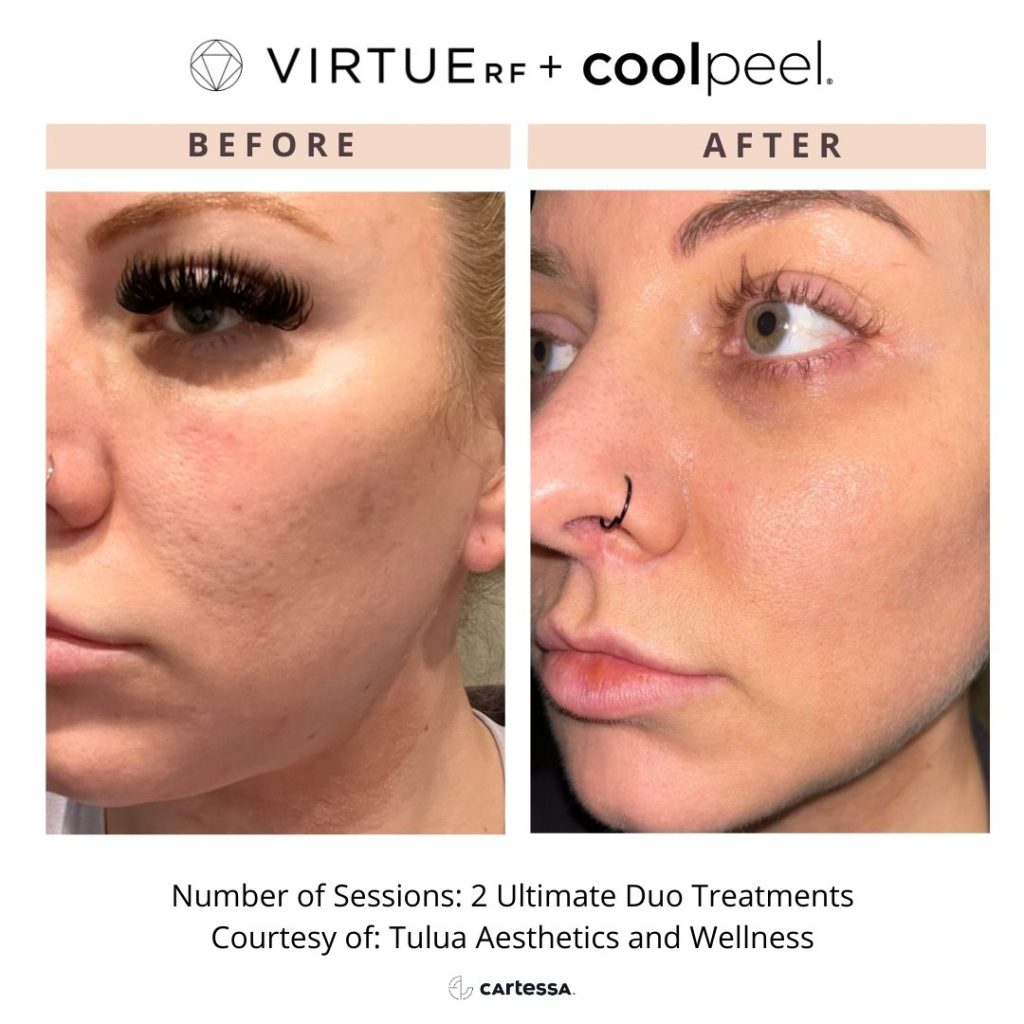Why dermatologists suggest the next-gen Coolpeel Laser for safe skin rejuvenation
Why dermatologists suggest the next-gen Coolpeel Laser for safe skin rejuvenation
Blog Article
Checking Out the most up to date Fads in Dermatology: Technologies and Therapies
As the area of dermatology continues to develop, groundbreaking innovations and cutting-edge treatment methods are transforming patient treatment. From the surge of telemedicine to the enhancing usage of artificial intelligence, these developments use improved diagnostic accuracy and tailored therapy choices.
Introducing Technologies in Dermatology: A Closer Look

The Rise of Personalized Dermatology Therapies
With the arrival of advanced technologies in dermatology, a notable change is observed in the direction of even more customized treatment methods. These strategies frequently originate from the understanding that each patient's skin is unique, requiring individualized care. Boca Raton Dermatology. Customized treatments intend to resolve certain skin issues based on hereditary information, way of living aspects, and private responses to therapies
Individualized dermatology therapies can vary from bespoke skincare products to tailored healing plans. These methods have actually proven effective in taking care of various skin disease, consisting of acne, dermatitis, rosacea, and premature aging. They additionally reduce the threat of adverse responses, as treatments are aligned with the individual's certain skin profile. The increase of personalized dermatology therapies symbolizes a profound modification in individual treatment, emphasizing the individual's distinct demands and actions.
Dermatology and the Influence of Expert System
While individualized therapies revolutionize client treatment in dermatology, an additional significant improvement is caused by the combination of expert system (AI) AI algorithms, trained on huge information collections of skin disease, show remarkable diagnostic precision, rivaling that of seasoned skin specialists. This innovation not only speeds up medical diagnosis but likewise democratizes access to professional advice. Furthermore, AI's prospective includes anticipating therapy end results and personalizing therapy plans, boosting the efficiency of the current practice. However, the implementation of AI encounters obstacles, such as data personal privacy problems and link the need for more recognition of these technologies in diverse populaces. In spite of these obstacles, the impact of check AI on dermatology is undeniable, pointing in the direction of a future where modern technology and human expertise work in tandem for optimized client treatment.
The Growing Appeal of Non-Invasive Skin-related Procedures
In the realm of dermatology, a notable change is being observed towards non-invasive treatments. These innovative strategies, such as laser microdermabrasion, treatment, and chemical peels, are getting popularity because of their very little recovery time and reduced threat of complications. The trend reflects a broader social choice for fast, efficient treatments with little disturbance to life. Additionally, non-invasive treatments often use an even more budget friendly option to medical interventions, making them easily accessible to a wider population. This evolution in dermatology not just shows technical improvements in the field yet additionally shows changing patient expectations and desires. As this field remains to expand, it is anticipated to shape the future of skin-related therapies considerably.
Arising Biological Therapies in Dermatology
Are biological therapies the next frontier in dermatology? Current trends recommend a positive response. Organic treatments use the body's body immune system to combat conditions, such as psoriasis and atopic dermatitis. These therapies function by targeting particular components of the body immune system, as opposed to taking a broad-spectrum strategy. They have why not find out more the prospective to supply better long-term monitoring of these conditions, boosting people' quality of life. One such treatment is Dupilumab, a monoclonal antibody that obstructs 2 proteins creating inflammation. Other organic treatments, like TNF preventions and IL-12/ 23 preventions, have also revealed promise. Despite their advantages, these therapies are not without side impacts, and they call for mindful tracking. However, their introduction represents a substantial change in dermatological treatment techniques.
Conclusion
Personalized therapies and emerging biological treatments are redefining person care. As dermatology proceeds to grow and adjust, it continues to be a vibrant area that is poised to deliver increasingly efficient and targeted therapies.
As the area of dermatology proceeds to advance, groundbreaking technologies and innovative therapy approaches are changing individual care.With the introduction of advanced innovations in dermatology, a noteworthy shift is observed in the direction of even more customized treatment techniques. Customized therapies aim to deal with specific skin problems based on hereditary info, lifestyle variables, and private reactions to treatments.
The surge of customized dermatology treatments indicates an extensive change in person treatment, emphasizing the person's one-of-a-kind demands and actions.

Report this page